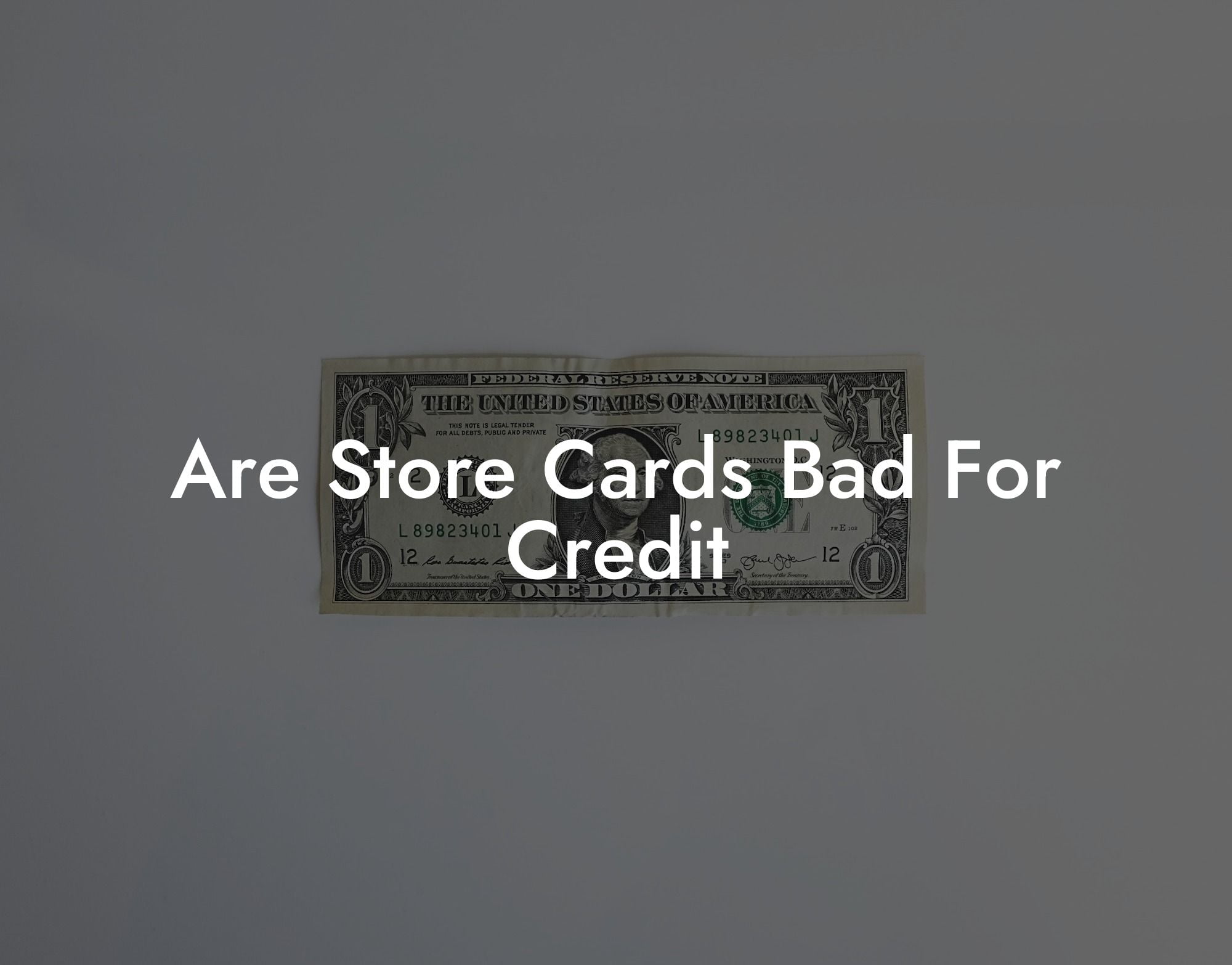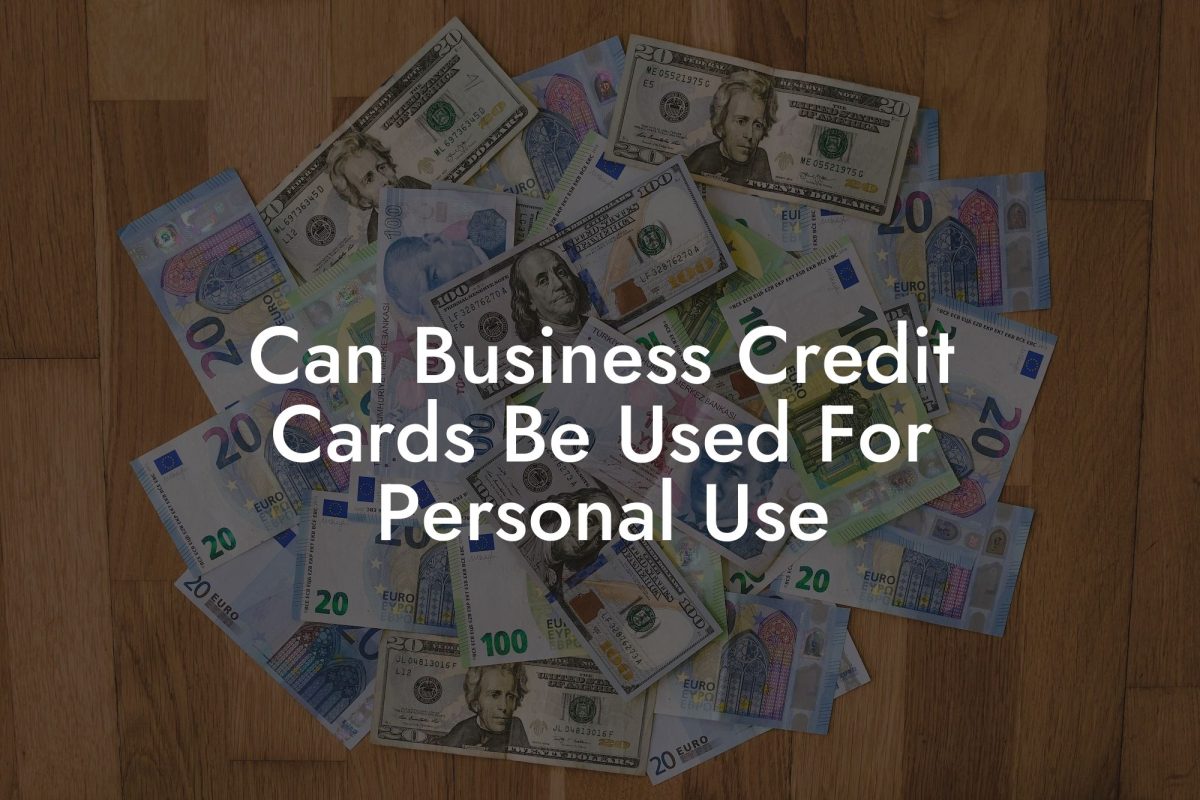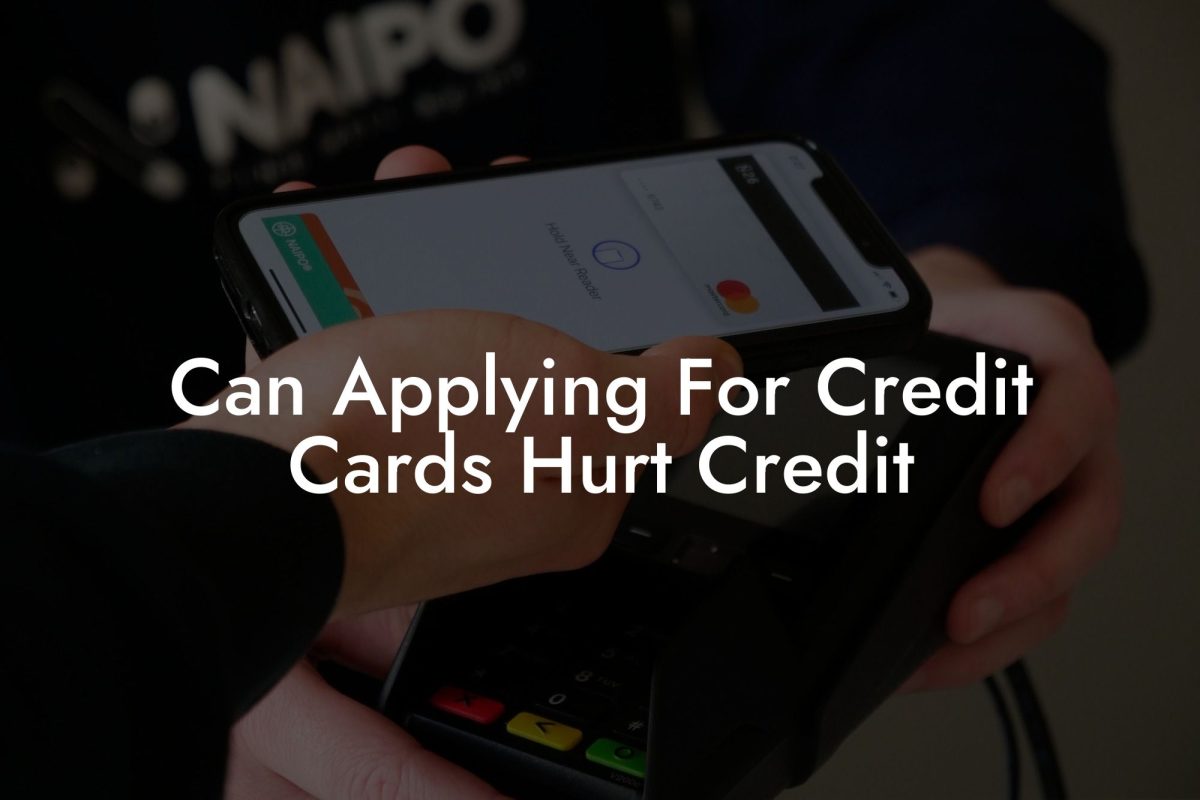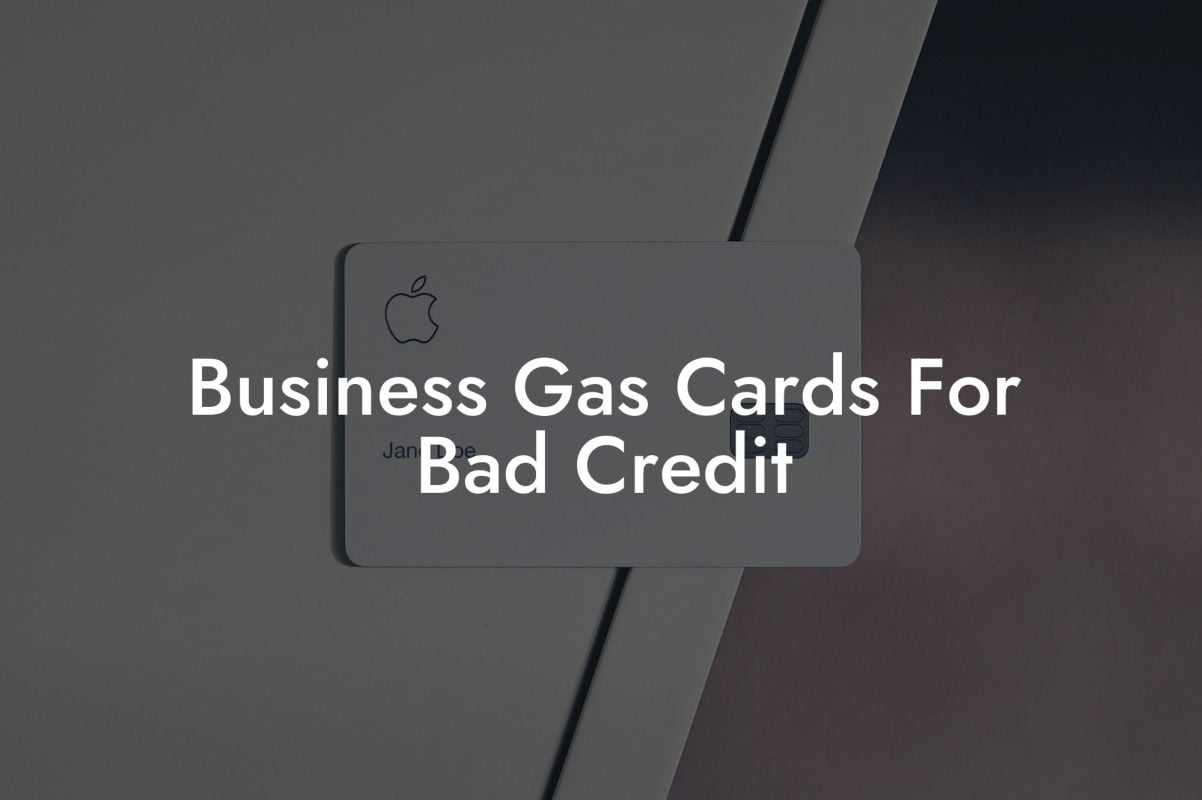Swipe, sign, and save – that's the tempting offer store cards dangle in front of you every time you check out. But are these shiny plastic rectangles hiding a dark secret? Can they hurt your credit score and hamper your financial growth? In this Flik Eco article, we'll delve deep into the world of store cards, discuss their impact on credit scores, and help you make informed decisions. Keep reading to dispel the myths and uncover the facts behind store cards and their effects on credit.
What are Store Cards?
Store cards are a type of retail-branded credit card issued by a specific retailer. They can only be used in that particular store or within the store's affiliated network. Many store cards offer enticing perks like initial discounts, exclusive sales, and rewards programs to attract customers.
Pros and Cons of Store Cards
Before diving into the impact of store cards on credit, let's look at their pros and cons.
- Pros:
- Exclusive discounts and offers
- Rewards programs and cashback
- No annual fee
- Easier approval for those with low credit scores
- Cons:
- Higher interest rates
- Can encourage impulsive spending
- Limited usability
- Possible effects on credit score
How Store Cards Affect Credit
Let's break it down. Here are the factors that influence your credit score and how store cards could impact each one.
- Payment History: Whether you make your payments on time is the most crucial aspect of your credit score calculation. If you pay your store card bills promptly, this helps build your positive payment history. Conversely, late payments can harm your credit score.
- Credit Utilization: Credit utilization refers to the percentage of your available credit you are using. It's essential to keep this ratio low for a healthy credit score. Store cards can either help or hurt, depending on how you manage your balance. If you keep your store card balance low relative to your credit limit, it can positively impact your credit utilization. However, if you max out your store cards, this will increase your credit utilization and harm your score.
- Length of Credit History: Store cards can potentially hurt your average age of credit, which is the average length of time you've had all your credit accounts open. If you frequently apply for and close store cards, it can lower the average age of your credit and negatively affect your score.
- New Credit Inquiries: Whenever you apply for a store card, a hard inquiry is recorded on your credit report. Multiple hard inquiries in a short time may lower your credit score. However, inquiries have a minor impact compared to payment history and credit utilization, and their impact decreases over time.
Are Store Cards Bad For Credit Example:
Let's say Julie, a millennial shopper with a healthy credit score, decides to apply for a store card from her favorite clothing retailer. She wants to take advantage of a 20% discount on her purchase and receives instant approval for the card. Julie is diligent about her finances and pays off the balance before the due date every month.
In Julie's case, the store card has a positive impact on her credit. Her on-time payments help build her payment history, and by keeping her balance low, she maintains a favorable credit utilization ratio. Although the card caused a hard inquiry on her credit report initially, it doesn't have a lasting impact on her overall score.
Store cards can be a double-edged sword for your credit. Used responsibly, they offer financial perks and help you build credit. However, poor management can lead to a negative impact on your credit score. The key is to stay informed, make wise decisions, and stay on top of your finances.
If you found this article helpful, feel free to explore other guides on Flik Eco for more personal finance insights. Share this article with friends and family to spread awareness about the effects of store cards on credit scores.













